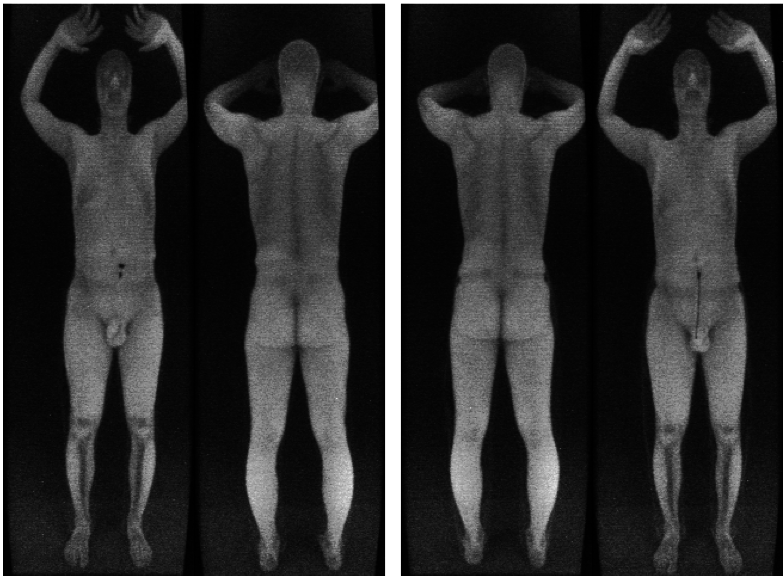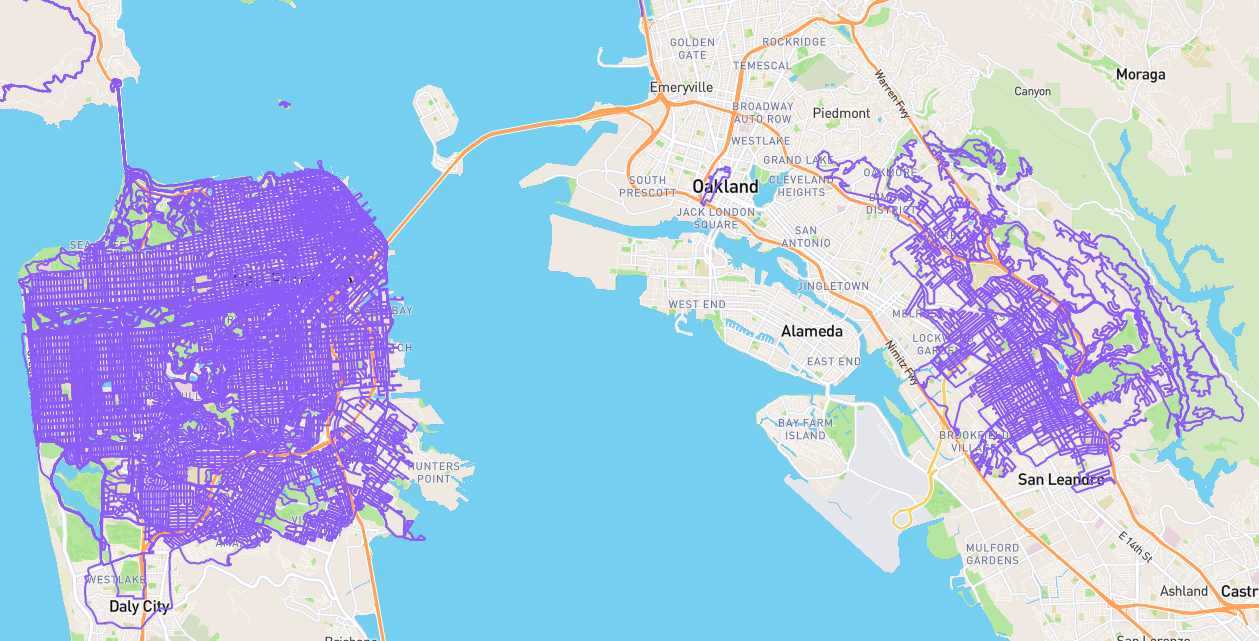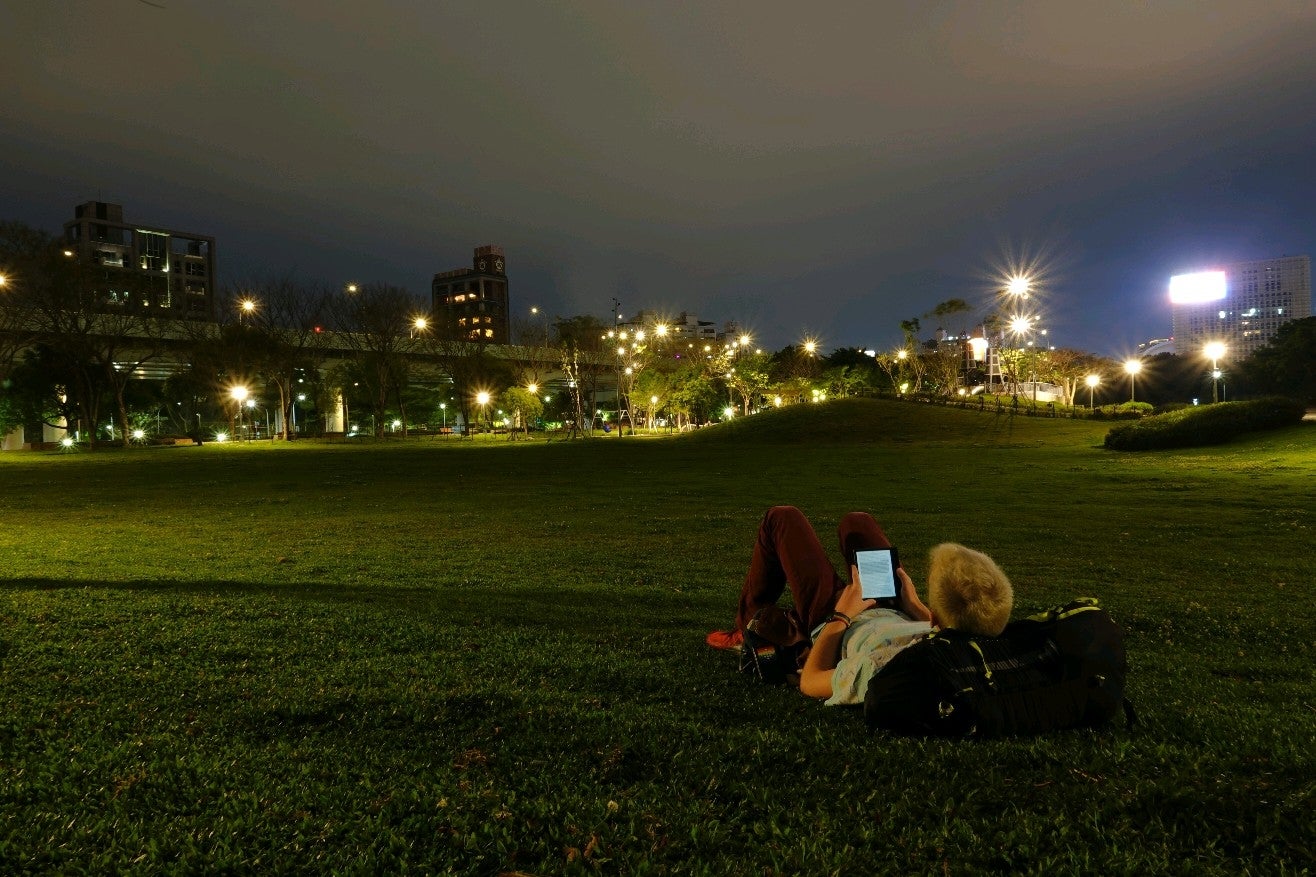Can the government see my dick?
“Government Surveillance” is scary, and a great episode of “Last Week Tonight with John Oliver”. The show, from last March, features man on the street evidence Americans are poorly informed about surveillance, as well as an interview with Snowden in which Oliver portrays the government programs in the context of dick pics. This perspective seems to turn the issue from something Americans care little about to something deeply personal and repulsive. (And it isn’t the sending of the dick pics that is repulsive.)
Oliver may have helped build momentum behind this issue by making it personal, but it was still somewhat removed since we don’t know of many specific cases. Now that Apple is very publicly fighting the government on a specific case, I hope more people see the light and unite for civil liberties.
I dislike summary articles of YouTube videos, so if you’ve time to watch the video, just watch it. Otherwise see below.
[youtube XEVlyP4_11M]
Oliver explains some of the insanity around these surveillance programs by pointing out section Section 215 should not be renewed because almost everyone acknowledges it is bad legislation being purposed preposterously. This includes President Obama, Ted Cruz, the ACLU and the NRA, as well as the original author of the bill. Republican Rep. James Sensenbrenner from my home state of Wisconsin, in his own words:
I was the principal author of the Patriot Act, and I can say that, without qualification, Congress never did intend for bulk collections when it passed Section 215, and no fair reading of the text would allow for this program.
Perhaps just to suit his comedian style, or perhaps in a stroke in insight, Oliver framed his interview with Snowden not in terms of abstract civil liberties, but in terms of which surveillance programs the government can use to intercept and store hypothetical dick pics. (Or not so hypothetical for almost everyone I know. Welcome to the 2000s.)
Note: If you don’t want the government to have photos of your naked body, you should opt out when you fly, and fight the TSA’s attempt to force passengers to be photographed naked.
As expected, essentially all the programs we know about can be used for this purpose most Americans probably object to, despite seeming ambivalence till now. Snowden’s brief explanations for each program:
- Section 702 of the Foreign Intelligence Surveillance Act: FISA Amendments Act of 2008 allows bulk collection of “one end foreign” Internet communications.
- Executive Order 12333: When a company moves data between data centers, if the data temporarily moves across the border, the NSA gets a copy. The NSA uses this when other authorities aren’t aggressive enough.
- PRISM: This is how they pull your junk out of Google, Yahoo!, Facebook, etc., with their involvement as a deputized agent. (As Oliver points out, the NSA makes Google their dick sheriff.)
- “Upstream”: “Upstream is how they snatch your junk as it transits the Internet.”
- MYSTIC:
> Snowden: If you’re describing your junk on the phone, yes.
> Oliver: But do they have the content of that junk call, or just the duration of it.
> Snowden: They have the content as well, but only for a few countries. If you’re on vacation in the Bahamas, yes. - Section 215: No, but they can probably tell who you’re sharing your pictures with.
After all that, Oliver asked Snowden if he would advise people to stop taking photos of their dicks, and Snowden wisely argued, “You shouldn’t change your behavior because a government agency somewhere is doing the wrong thing. If you sacrifice your values because you’re afraid, you don’t care about those values very much.”
Section 215 update
Despite Oliver’s plea to let Section 215 expire for good, it’s apparently now unclear whether the programs the section supposedly supported are legal thanks to some more congressional bungling. Wikipedia’s summary says it all:
At midnight on May 31, 2015, Section 215 expired. With the passage of the USA Freedom Act on June 2, 2015 the expired parts of law, including Section 215, were reported broadly as restored and renewed through 2019. But, the USA Freedom Act did not explicitly state that it was restoring the expired provisions of Section 215. Since such renewal language is nowhere to be found, the law amended the version of the Foreign Intelligence Surveillance Act that existed on October 25, 2001, prior to changes brought by the USA Patriot Act, rendering much of the amendment language incoherent. How this legislative SNAFU will be fixed is not clear. The attempted amendments to Section 215 were intended to stop the NSA from continuing its mass phone data collection program. Instead, phone companies will retain the data and the NSA can obtain information about targeted individuals with permission from a federal court.
Related article from another site: 7 ways to stop the NSA spying on your nude pics























